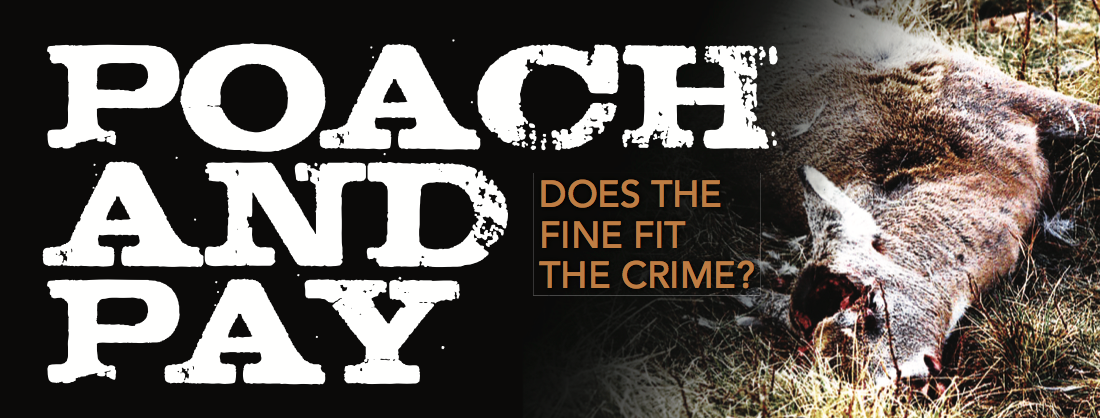Boone and Crockett Club Releases Findings From Research on Poaching

The Boone and Crockett Club today released the results of a two-year research study on the illegal take of wildlife. The research findings were recently shared with conservation and law enforcement attendees at the 83rd North American Wildlife and Natural Resources Conference held in Norfolk, Virginia, hosted by the Wildlife Management Institute.
“The business of conservation comes with a few things we’d just as soon not have to deal with, but we must, and poaching is one of them,” said Ben B. Hollingsworth Jr., president of the Boone and Crockett Club. “This is one of those issues that is best addressed at the state level, but before effective improvements can be made, we needed a view from the national level.” Read more

